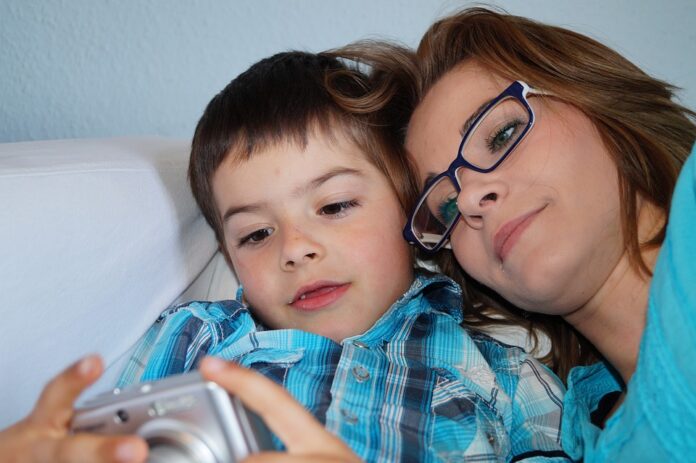Building a strong and healthy parent-child relationship is crucial for the overall well-being and development of both the parent and the child. When parents and children have a close and positive relationship, it can lead to better communication, trust, and support. Strengthening bonds between parents and children takes effort, patience, and understanding. In this article, we will discuss some ways to build a healthy parent-child relationship.
Establish Trust and Open Communication:
Trust is the foundation of any relationship, and it is essential in the parent-child relationship as well. Parents should strive to build trust with their children by being honest, reliable, and consistent. Open communication is key to fostering trust between parents and children. Parents should encourage their children to share their feelings, thoughts, and concerns without fear of judgment or criticism. By listening actively and attentively to their children, parents can create a safe and supportive environment for open communication.
Set Boundaries and Expectations:
Setting boundaries and expectations is important in any relationship, including the parent-child relationship. Parents should establish clear and consistent boundaries for their children to help them understand what is expected of them and to teach them about responsibility and consequences. By setting realistic expectations and holding their children accountable, parents can help foster a sense of structure and discipline in their relationship.
Show Love and Affection:
Expressing love and affection is essential for building a strong bond between parents and children. Parents should make an effort to show their children love and affection through words, gestures, and actions. This can include giving compliments, hugs, kisses, and spending quality time together. By demonstrating love and affection towards their children, parents can create a sense of security and warmth in their relationship.
Encourage Independence and Autonomy:
Encouraging independence and autonomy is important for the growth and development of children. Parents should provide their children with opportunities to make decisions, solve problems, and learn from their mistakes. By allowing their children to take on age-appropriate responsibilities and challenges, parents can help foster confidence, self-esteem, and resilience in their children. Encouraging independence and autonomy can also help build a sense of trust and respect in the parent-child relationship.
Resolve Conflicts and Differences:
Conflicts and differences are a normal part of any relationship, including the parent-child relationship. Parents should work on resolving conflicts and differences with their children in a respectful and constructive manner. By listening to their children’s perspectives, validating their feelings, and finding solutions together, parents can teach their children important conflict resolution skills and strengthen the bond between them.
Conclusion:
Building a healthy parent-child relationship requires effort, patience, and understanding. By establishing trust and open communication, setting boundaries and expectations, showing love and affection, encouraging independence and autonomy, and resolving conflicts and differences, parents can create a strong bond with their children. A healthy parent-child relationship can lead to better communication, trust, and support, and contribute to the overall well-being and development of both the parent and the child.
Frequency Asked Questions and Answers:
1. How can parents build trust with their children?
Parents can build trust with their children by being honest, reliable, and consistent, and by encouraging open communication.
2. Why is it important to show love and affection towards children?
Showing love and affection towards children is important for building a strong bond and creating a sense of security and warmth in the parent-child relationship.

